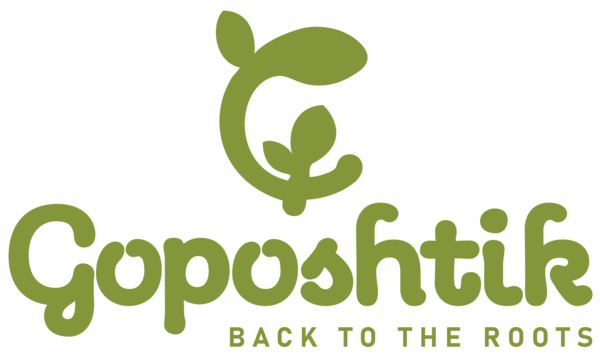PCOS, or Polycystic Ovary Syndrome, is a hormonal imbalance that affects many women. It can cause a variety of symptoms, including irregular periods, excess androgen (often referred to as “male hormones”), weight gain, and difficulty getting pregnant. While the exact causes of PCOS are unknown, a combination of genetics and environmental factors are likely at play.
Here at Goposhtik, we understand that navigating PCOS can be frustrating. But the good news is, there are ways to manage the condition and improve your overall health. Let’s explore some insights from the National Institute of Child Health and Human Development (NICHD) and explore dietary changes that can make a positive difference.
Understanding the Role of Insulin
NICHD highlights a key factor in PCOS: insulin resistance. This means your body struggles to use insulin effectively, a hormone that regulates blood sugar levels. This can lead to higher blood sugar and increased androgen production.
Dietary Tweaks for PCOS Management
So, what can you do through your diet? Here are some suggestions:
- Focus on Whole Grains: Swap refined carbohydrates like white bread and pasta for whole grains like brown rice, quinoa, and whole-wheat bread. These provide sustained energy and keep blood sugar levels stable.
- Load Up on Veggies: Vegetables are packed with nutrients and fiber, which can help regulate blood sugar and insulin sensitivity. Aim for a rainbow of colors on your plate!
- Choose Lean Protein: Prioritize lean protein sources like fish, chicken, beans, and lentils. Protein helps with feeling full and can reduce cravings.
- Limit Unhealthy Fats: Saturated and trans fats can worsen insulin resistance. Opt for healthy fats from sources like avocados, nuts, and olive oil.
- Mind Your Sugar Intake: Added sugars can spike blood sugar levels. Be mindful of sugary drinks, processed foods, and hidden sugars in condiments.
- Portion Control is Key: Pay attention to portion sizes. While some weight loss can be beneficial for PCOS management, it’s crucial to consult a doctor or registered dietitian for personalized guidance.
Remember:
- You’re Not Alone: PCOS is a common condition, and there’s a wealth of information and support available.
- Consult a Healthcare Professional: A doctor or registered dietitian can create a personalized plan for managing PCOS through diet and other lifestyle changes.
- Goposhtik is Here to Help: We offer a variety of healthy and delicious food options that can support your PCOS management journey.
By making informed dietary choices and working with your healthcare team, you can effectively manage PCOS and live a healthy, fulfilling life





